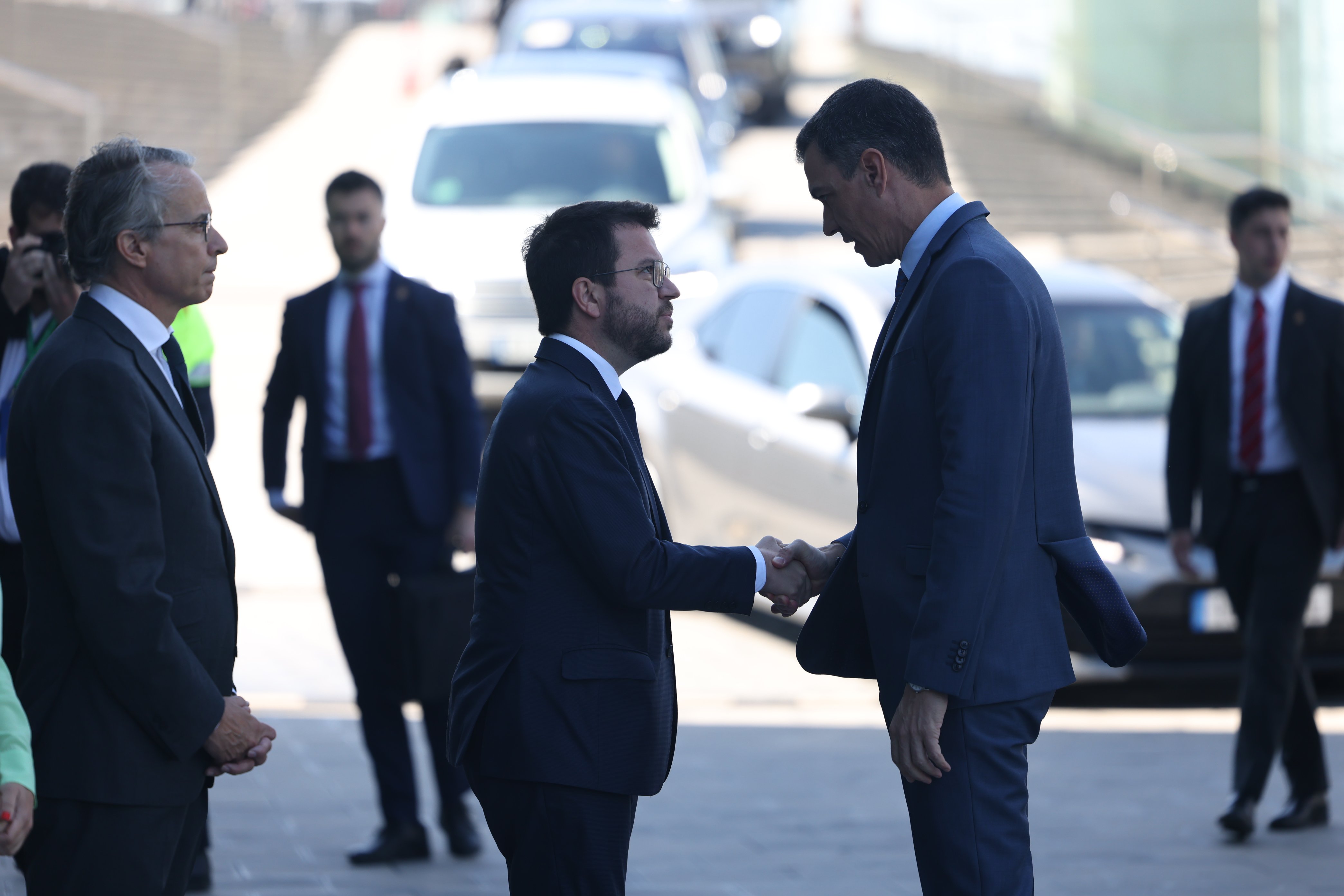More pressure. The Catalan pro-independence parties continue to use all possible means to obtain a response over Catalangate, the Spanish state-led espionage that is so far known to have affected more than sixty people linked to the independence movement. They have already initiated action through legal channels, with various complaints being taken forward by the different organizations affected, and they have also done so through institutional statements. Now, a further instrument has been brought into play: parliamentary motions. This Thursday the Catalan Parliament has approved two texts that position the chamber in strong opposition to the mass espionage and demand a range of responses to the attack.
The whole of Catalan independentism, with the almost complete support of the alternative left Comuns party, has managed to pass a motion condemning the internal spying action, and defining it as an illegal and undemocratic practice that has affected both Catalan MPs and ordinary citizens who defend the independence project. Beyond that, the text also makes other demands. It calls on the Spanish government to provide "maximum information and transparency", to open a public commission of inquiry in the Congress of Deputies (although this proposal was already rejected a few weeks ago with the votes of the governing PSOE), and to provide the necessary political accountability (that is, resignations). In fact, the motion uses the word itself in reference to the minister of defence, Margarita Robles, whose removal from office is stated as obligatory after she recognized and justified the espionage against the independence movement.
In addition, another motion that was passed this afternoon made it possible to reaffirm the Catalan government policy announcement a week after the scandal broke, on April 26th: that the institutional relationship between the Catalan Generalitat and the Spanish state must be put into the deep freeze. On that day, the Catalan cabinet agreed to undertake all legal and political actions within its reach to get to the bottom of the affair, by all means and in all competent bodies. It also agreed to keep relations with the Spanish government to a minimum. Since then, president Pere Aragonès has repeatedly requested a meeting with his Spanish counterpart, Pedro Sánchez - but it has not yet arrived.
Beyond this point, today's motion calls once again for the Spanish government to provide the explanations it has failed to give in the weeks since the crisis began. It also agreed to initiate a "thorough and effective investigation at all levels, which meets the international criteria for independence, impartiality, credibility and professional technical rigour", for which it warns of the need to declassify all documents and contracts related to the case. In this regard, it urges the Catalan executive to collaborate with the European institutions, whom it does trust to clarify the facts. All the points received the unanimous support of the three pro-independence parties in Parliament, with the support of the Comuns on most of them, although not in regard to freezing relations.
The parliamentary debate
From Junts, Josep Rius opted for the European route, as he considers that the EU is taking the case seriously. "This is not a situation of democratic normality, quite the opposite," he said. "Don't [the Spanish authorities] see that they are making fools of themselves in Europe again? There is no blanket big enough to cover up this scandal". For his part, ERC's Ernest Maragall said the state's message with the espionage was clear: "People are allowed to be pro-independence, they can run in the elections, what they can't do is win." In this regard, he warned that there is "democratic discrimination" in Spain, so that some do not succeed in promoting their political project. And for the CUP, Carles Riera recalled the steps that Catalangate went through in its response from La Moncloa: "First it was denied and then partially admitted, and what is even worse, then defended by the minister Robles, and not denied by Pedro Sánchez". In the face of all this, he demanded a commission of inquiry, resignations from the state, and the declassification of the files.

